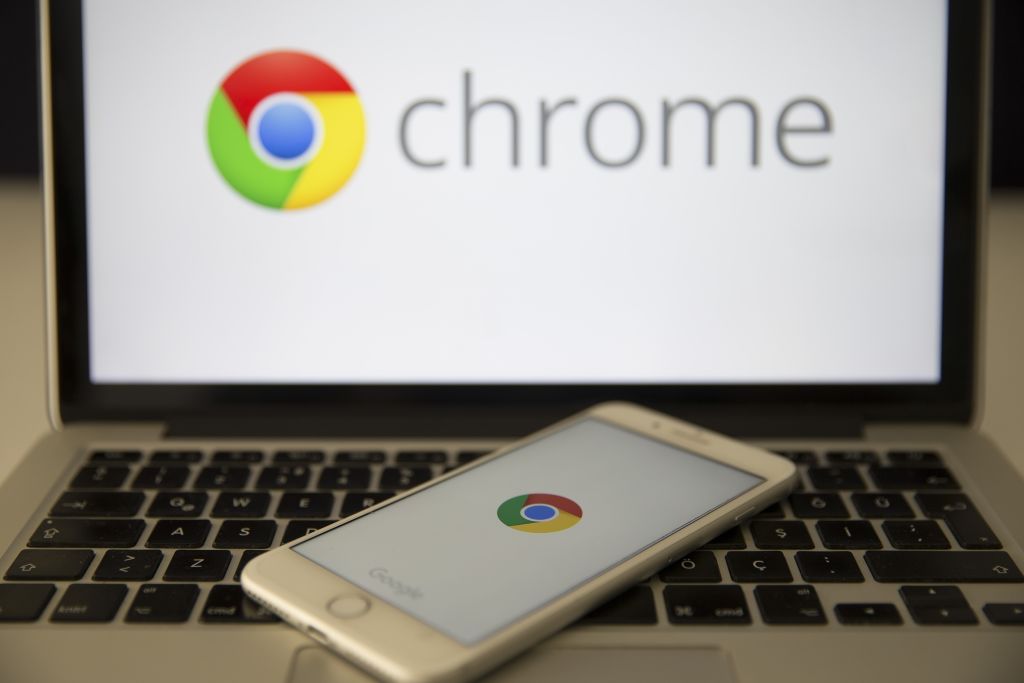Google Chrome is ditching cookies: What it means for your privacy
Say hello to privacy once again ... in two years

Sign up to receive The Snapshot, a free special dispatch from Laptop Mag, in your inbox.
You are now subscribed
Your newsletter sign-up was successful
Google wants to pave "a path towards making third-party cookies obsolete," meaning that it wants to stop companies from using cookies to track you from website to website, giving you back some semblance of privacy in the age of technology.
Director of Chrome Engineering Justin Schuh wrote in a Chromium blog post yesterday (Jan. 14) that in order to do this, Google has to address the "the needs of users, publishers, and advertisers, and we have developed the tools to mitigate workarounds." The company's goal is to accomplish this within two years.
For those who don't know, cookies are pieces of data that attach to your browser while you're on your laptop or smartphone almost every time you visit a website.
They can be used for simple things such as remembering the items in your shopping cart, or for making sure you stay logged into a website, for the next time you visit. But they can also do more complex and somewhat scary things, such as tracking your browsing history for a long period of time. Those are called tracking cookies, and they're what Google is addressing here.
It's difficult to get rid of tracking cookies altogether, because a lot of big bucks in online advertising are made because of it. We're not just talking about faceless organizations. Your favorite news outlets, including Laptop Mag, make a substantial amount of revenue from online ads, and tracking cookies make those ads more valuable.
Schuh mentioned that some browsers have already blocked third-party cookies, but he seemed convinced that is a bad thing all around.
"By undermining the business model of many ad-supported websites, blunt approaches to cookies encourage the use of opaque techniques such as fingerprinting (an invasive workaround to replace cookies), which can actually reduce user privacy and control," Schuh said. "We believe that we as a community can, and must, do better."
Sign up to receive The Snapshot, a free special dispatch from Laptop Mag, in your inbox.
Of course, Google controls a large part of the online market itself. If it were to kill third-party tracking cookies altogether, that could be seen as an attempt to stifle competition from other online ad companies, which would almost certainly trigger antitrust investigations in several countries.
Google is attempting to find a workaround to keep a user's privacy actually private and to keep advertising healthy, which is honestly a pretty solid goal in the grand scheme of things. But only time will tell if this tactic is successful.

Rami Tabari is the Reviews Editor for Laptop Mag. He reviews every shape and form of a laptop as well as all sorts of cool tech. You can find him sitting at his desk surrounded by a hoarder's dream of laptops, and when he navigates his way out to civilization, you can catch him watching really bad anime or playing some kind of painfully difficult game. He’s the best at every game and he just doesn’t lose. That’s why you’ll occasionally catch his byline attached to the latest Souls-like challenge.
